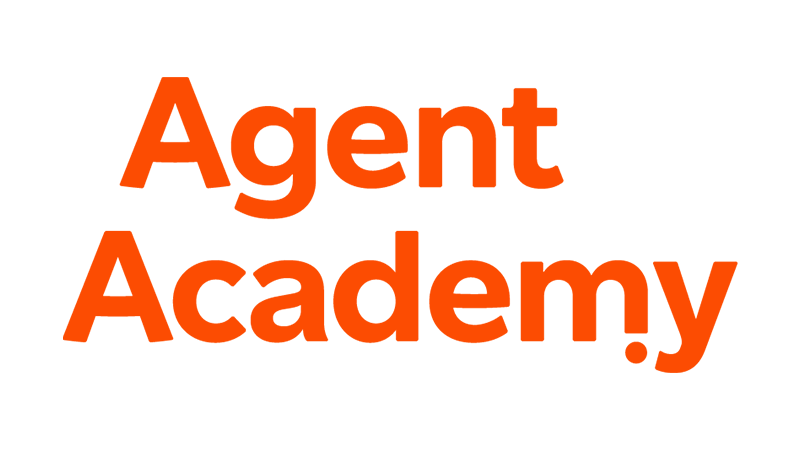I’m sure I’m not alone in noticing the pattern in entry-level job listings for media and creative industries. Applying for the role of graduate social media marketer? You’ll need to have had two years’ experience. Junior copywriter? They LOVE your relevant degree, as long as you had a year in industry too. Everything seemed reliant on previous opportunity, but the boundaries set by community, society, and academia meant I was limited in opportunities in my formative years, leaving me feeling rootless.
I have always been a creative and sociable person, and growing up mixed-race in the UK, I was continuously trying to contextualise my multi-faceted identities. I am proud of my cultural upbringing and attending a Muslim girls’ school was an integral component in forging my creative identity. However, the environment I was raised in had at times made me feel separated from creative spaces. In an academic sense, I had no options for subjects such as Art, Drama and Music, which hindered further prospects in these fields. Supporting these hobbies outside of academia also presented unique challenges; cultural, societal and familial pressures can cause barriers for Muslim women who want to break into creative industries. And with the limited reliable representation we have in the media of Muslim women in creative fields, there is minimal guidance on how to form networks and connections.
A few years ago, I received a ‘late in life’ diagnosis of ADHD. For the first time, I could finally begin to articulate my struggles, allowing me to recontextualise parts of my life. Although a lack of representation and industry connections were undoubtedly a hurdle in my career journey, I now recognised the underlying issues of how I had been socialised to experience and process school and work related problems to be the real catalyst. Since my diagnosis I’ve been unlearning behaviours I’ve held as an unrealistic standard, destroying the barriers I have built for myself based upon what I had observed as societal norms. I found solace in recognising why my career journey may not match that of my peers’, and I am gentler with myself, both emotionally and physically, as I learn how to navigate the world as a person who is neurodiverse.
The industry insight I am gaining is invaluable and is helping me map out the framework for my own future goals. After establishing myself professionally, I hope to bring to fruition my plans to develop an organisation for young Muslim girls, centered around building a pipeline of future purpose-led creatives entering the increasingly diversifying workforce. Creativity and proactivity work hand in hand, and by nurturing these traits from a young age, the goal will be to create a space for young Muslim girls to gain practical skills to dictate their own career paths, utilising their agency to express their perspectives and prepare for success in the working world.
Muslim women lack visibility in creative spaces, and neurodiverse people struggle to access them to begin with. Not only does Agent Academy recognise these boundaries, but it actively celebrates the need for diversity in creative industries. Whilst we as programme participants are developing practical skills through enhancing our understanding of marketing and campaign strategies, confidence building is undoubtedly a core tenet of the programme’s spirit; by highlighting the importance of commitment and personal development as imperative components of success, we can navigate our own learning

